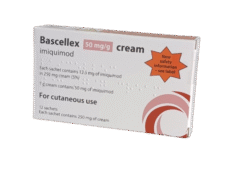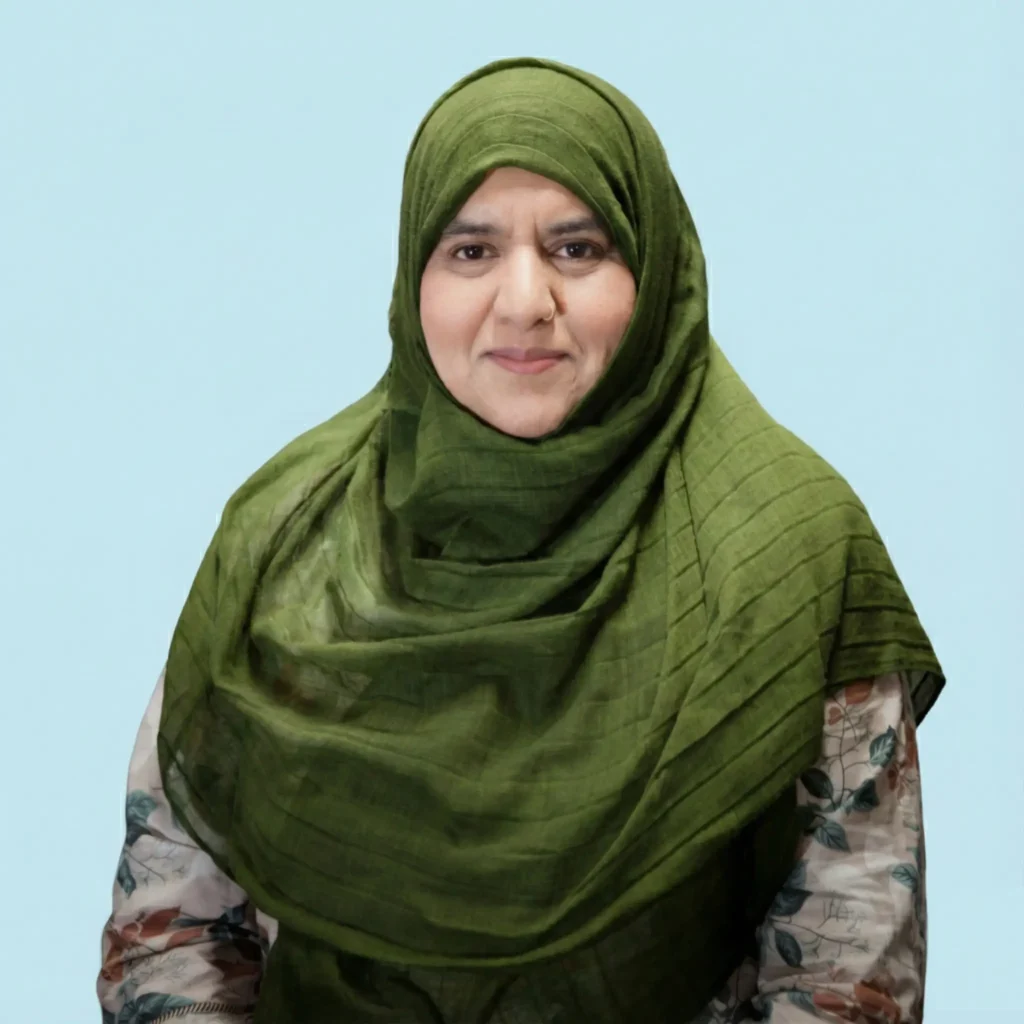What Are Genital Warts?
Genital warts are skin growths in the genital or anal area caused by the human papillomavirus (HPV), a very common virus. They can look like small bumps on their own or in groups and might be hard to see. Though they can cause discomfort, they’re usually not harmful.
What Causes Genital Warts?
Genital warts are caused by the HPV virus, which spreads through skin-to-skin contact, especially during sexual activities. HPV has many types, but only some cause genital warts, not everyone who gets HPV will develop genital warts, but they are a common outcome of the virus.
What Are The Symptoms Of Genital Warts?
Genital warts symptoms aren’t typically visible because they’re small or internal. However, the most noticeable signs of genital warts include:
- Small, flesh-coloured or grey lumps in the genital area
- Itching or discomfort
- Bleeding during sex
How To Treat Genital Warts
To treat genital warts, the options vary from creams and ointment to more advanced treatments such as freezing and surgery, depending on the severity of the virus. However, treating genital warts will reduce your symptoms and the visibility of warts, but the virus has no cure.
Treatments For Genital Warts
Over-The-Counter Treatment For Genital Warts
Over-the-counter treatments are generally not suitable for genital warts because of the sensitivity of the affected area. Genital warts require specific types of medication that can accurately target the virus without causing harm to the skin around the genital area.
Prescription Creams For Genital Warts
For those who need treatment for genital warts, prescription medications are the most effective option. These treatments should be used under the guidance of a GP or pharmacist to ensure they’re applied correctly and to minimise side effects. Some of the prescription treatments for genital warts include:
- Aldara Cream: Aldara cream boosts your immune system to fight genital warts. It’s typically applied three times a week before bedtime, left on the skin for about 6 to 10 hours, and washed off with water and mild soap. Treatment can continue for up to 16 weeks, but the length of treatment depends on how quickly your warts clear up. It’s important not to cover the treated area with bandages or dressings after applying Aldara.
- Warticon: Warticon comes in both cream and solution form, allowing for flexible application depending on the warts’ location and ease of application. These treatments attack the wart tissue and are usually applied twice a day for 3 days, followed by a 4-day break, with the process being repeated up to four times or until the warts are gone.
- Catephen: Catephen is a topical ointment made from green tea extracts and prevents the growth of wart cells. It’s applied 3 times a day until the warts disappear for up to 16 weeks. Catephen is directly applied to the warts and should not be washed off immediately after application.
Genital Warts Removal
For genital warts removal, it’s important to speak with your GP or a pharmacist, as they can recommend safe and effective treatment options tailored to your specific needs. The removal options offered in the UK on the NHS include:
Cryotherapy: Cryotherapy freezes the warts with liquid nitrogen. This quick procedure may require multiple sessions to remove the warts completely, and although the process can be uncomfortable, it’s effective for many patients.
Electrosurgery: For larger or more stubborn warts, electrosurgery might be used to burn the wart off with an electrical current and is usually done under local anaesthesia.
Surgery: In some cases, a surgeon may cut out the warts and might be recommended if other treatments are unsuccessful.
Genital wart removal treatment can take weeks or months to work, and there’s still a chance the treatment could be unsuccessful, causing the warts to return.










